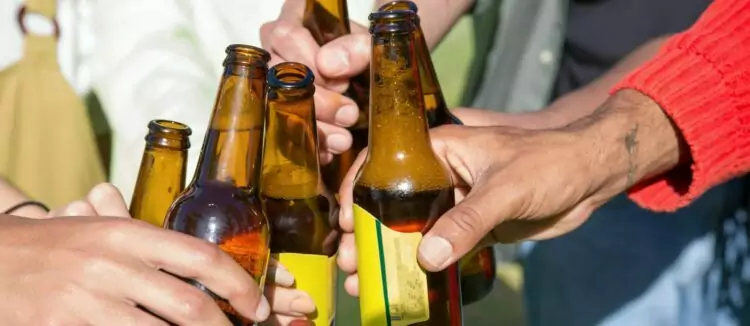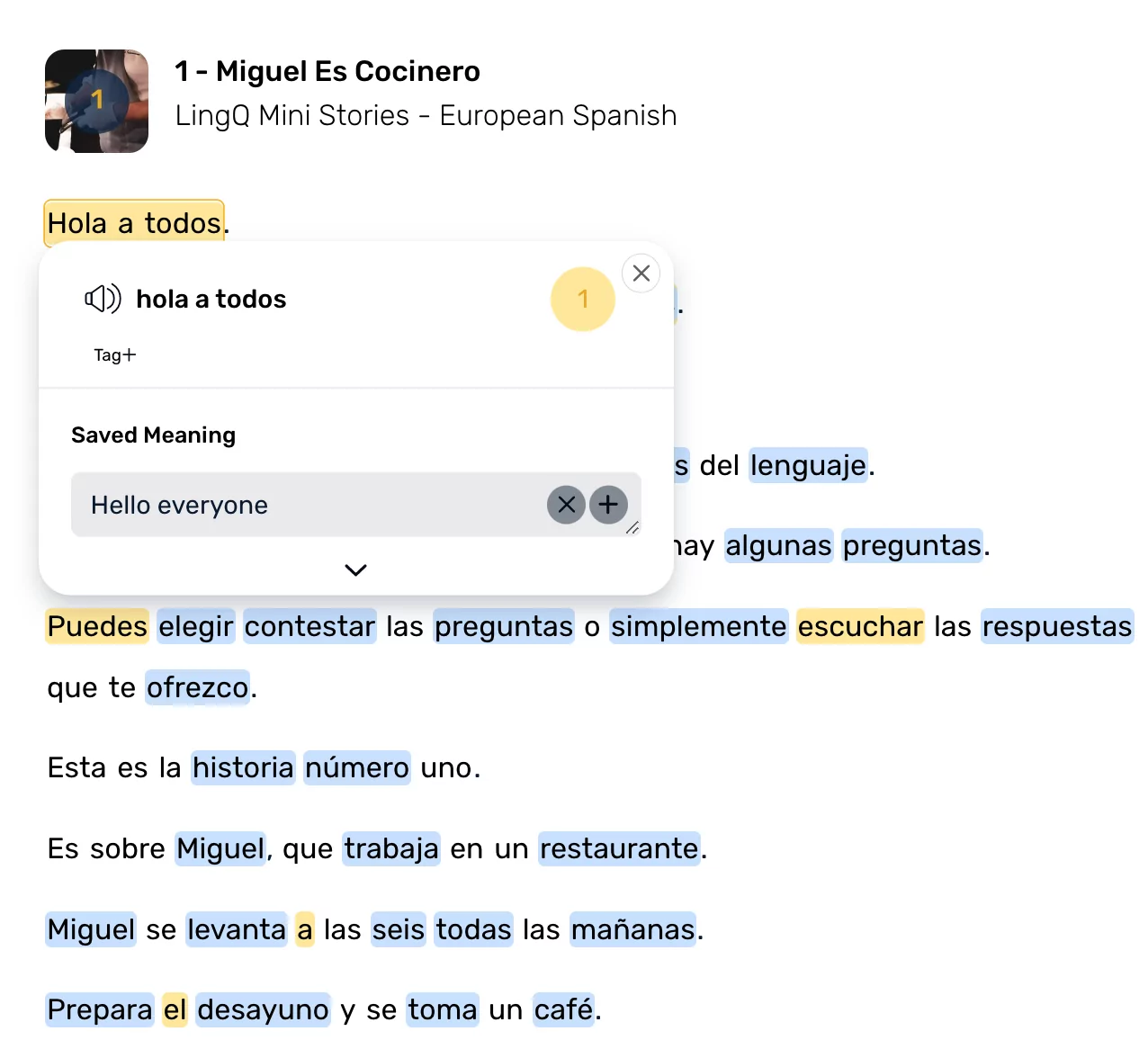Your Guide to Colombian Slang
Colombia is a beautiful country with mesmerizing places to visit and stunning natural scenery. In fact, Colombia is the second most biodiverse country in the world.
Because Colombia is large and culturally-diverse, different regions of the country have different dialects; however, when people refer to Colombian Spanish, they’re typically talking about the standard Spanish spoken in Bogotá, the country’s capital. The Spanish spoken in Bogotá is known for its clarity of pronunciation and for being more refined and classical than in other Spanish-speaking countries.
That being said, there are many Colombian slang terms, which can be confusing for non-native speakers. Below, we will go over 12 common Colombian slang terms and phrases that you’ll want to know if you’re planning on visiting the country.
12 Common Colombian Slang Terms
1. ¿Qué más?
Colombians often greet their friends with “¡Hola! ¿Qué más?” This translates directly to “how many”, but locals use this to say “How’s it going?” or “what’s up?” This is used the same way as ¿Cómo estás?”and you can reply to both in the same way, for example, you could say “muy bien, ¿y tú?”
2. Parcero/Parcera
Parcero/parcera essentially means “bro”, “dude” or “girl”. This is typically used when speaking with a friend or acquaintance, but Colombians seem to use it with practically everyone they meet. This can also be abbreviated to “parce”. Example: “Que hubo parce, ¿todo bien?” (“Sup dude. Everything alright?”)
3. Bacano/Chévere
Bacano or Chévere is used to describe something that is really good or “cool”. These terms are essentially the same as calling something “muy bueno,” but you’ll sound like a real local if you use them correctly. Example: “¡Qué carro tan bacano!” (“It’d be very cool to go to the beach.”)
4. Polas
“Polas” is a commonly used term, which means “beers”. There is some interesting history behind this one. La Pola was the nickname of the Heroine, Policarpa Salavarrieta Ríos, who helped Colombia gain independence from Spain. Years ago, Bavaria Brewing named a beer after her called “La Pola”, and the name remains, although that specific beer no longer exists. Example: “Vamos por unas polas?” (“Shall we grab some beers?”)

5. A la orden
This is something you’d hear from a street vendor, cab driver or anyone who is doing you some kind of service. It essentially means “at your service”, and can be used in a few different ways. It can be used in the form of a question where a vendor might approach you and say this, meaning “can I help you?”. It can also be used as an exclamation, for example as you leave the store, the vendor yells “¡a la orden!”, meaning “thank you for your business!”
Learn Spanish With LingQ
There are many more Colombian slang terms out there to discover, but this should cover some of the basics. If you’re planning a trip to Colombia, familiarizing yourself with these terms will surely help avoid a lot of confusion and help you sound like a local!
Looking to further improve your Spanish skills? LingQ is the best way to learn Spanish online because it lets you learn from content you enjoy! You can import videos, podcasts, and much more and turn them into interactive lessons. Keep all your favourite language content stored in one place, easily look up new words, save vocabulary, and review. Check out our guide to importing content into LingQ for more information.

LingQ is available for desktop as well as Android and iOS. Gain access to thousands of hours of audio and transcripts and begin your journey to fluency today.
6. Lucas, billete, plata
The currency used in Colombia is Colombian pesos, but it is often referred to as “Lucas”. One Peso is referred to as a “luca”, while 10 peso would be referred to as “10 lucas”. So if someone asks you for a luca, remember they’re not looking for someone named Luca, they want a Peso. “Billete” translates to “bill”, and is used in Colombian Spanish to refer to money. For example: “¿Dónde está mi bilette?” (“Where’s my money?”) Finally, “plata”, which translates to silver, also means money and is used in exactly the same way as bilette. Example: “No tengo plata.” (“I don’t have money.”)
7. Rumbear
The word “rumbear” comes from “rumba”, which is a type of music and dance, which originated in Cuba. In Colombia, “rumba” means “party” and “rumbear” means “to party” or “to go partying”. Example: “¡Vamos a rumbear!” (“Let’s party!”)
8. Los tombos
“Los tombos” is what Colombians call the police. “Tombos” is used to describe multiple cops and “tombo” is used if there is one singular cop. This is unique to Colombia, so this isn’t a term you’ll hear in any other country! Example: “Ya vienen los tombos.” (“The cops are coming.”)
9. Mi Llave/Llavería/Llavero
Colombians use the word “llave” to refer to a friend. This translates to key , while “llavería” translates to keychain in English. This is often used in the popular Colombian expression: “¡Lo saqué del llavero!”, which translates to “I took him off the keychain!”, meaning “I unfriended him!” This might not be used by everyone, as it is typically used by people who are of lower class. It is often used by younger people, as they think it makes them sounds cooler.

10. ¡De una!
“¡De una!” is another way of saying “yes!”, “absolutely!” It is often used when you’re enthusiastically agreeing to do something. For example, “¿Quieres ir a rumbear este sabado?” “¡De una!” (“Do you want to go out this Saturday?” “Absolutely!”).
11. Un tinto
“Un tinto”, which means a tint or a dye (usually red) in Spanish, is what Colombians call black coffee. In Spanish-speaking countries like Spain, “un tinto” or “vino tinto” is used to refer to a glass of red wine, but if you ask for “un tinto” in Colombia, you’ll be getting a coffee, so be careful with this one! Example: “Me gustaría un tinto, por favor.” “I would like a black coffee, please.”

12. ¡Es Una Nota!
The literal meaning of “¡Es Una Nota!” is “it’s a note”, but in Colombia, they use this phrase to say that something is great or awesome. This expression can be used in different contexts to describe a person, place or thing. Example: “Ella es una nota cantando.” (“She’s awesome at singing.”)


